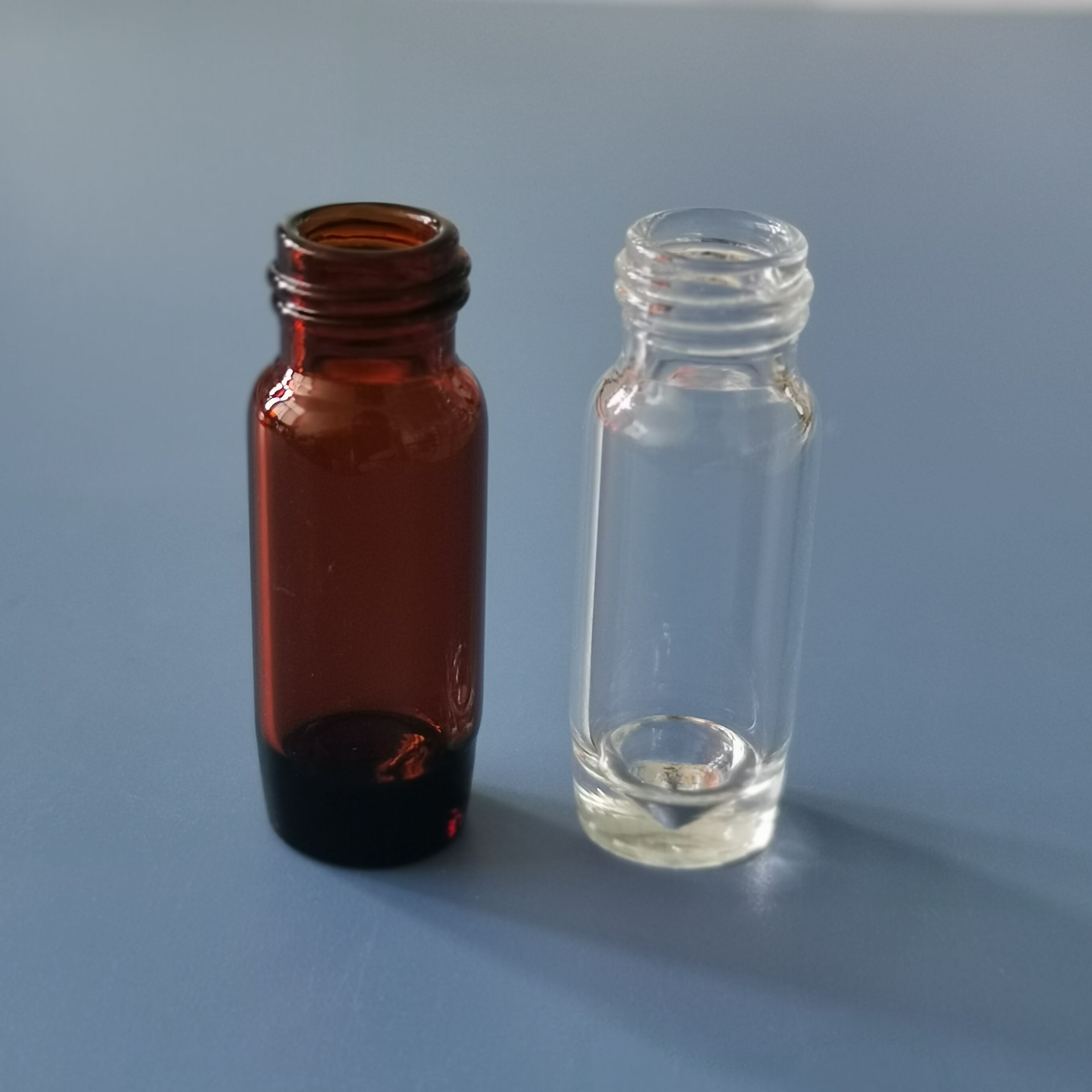бір рет пайдаланылатын сирек фильтрі
Қолданылғаннан кейін тіркелтілетін синџик фильтрі — әртүрлі ғылыми және санайлық ортағдарда бір ретті пайдалану үшін дизайнланған маңызды лаборатория фильтрация құралы. Бұл фильтрлер мембраналық фильтрден тұратын, нейлон, PTFE немесе целлюлоз ацетат сияқты материалдардан жасалған және 0,22-ден 0,45 мкм дейінгі дәл берілген пора шамалары бар қорытындысындағы құрылғы бөлімінен тұрады. Фильтрдің дизайны стандартты синџиктермен және басқа лаборатория құралдарымен тез қосылу үшін әйел luer lock енгізу және ерkek luer slip шығыс бөліктерін қамтитын болады. Бұл фильтрлердің негізгі функциясы HPLC анализі, стериль фильтрациясы және тазарту процестерінде пайдалану үшін сірек саптардан пыралдар, микробіялар және басқа тартылғыштарды алып тастау. Мембрананың поверхность ауданы тиімді фильтрация үшін оптималы түрде қалаңғыландырылған, ал құрылғысы орташа лаборатория солвенттері мен химиялық материалдарға қарсы қарым-қатынасты қамтиды. Кеңістік теңдігін сақтау үшін модерн өндіріс технологиялары пайдаланылады, сонымен ғана фармацевтикалық, биотехнологиялық және қоршаған орны өңдеу секторларындағы әртүрлі қолданбалар үшін тікелей және қайталанатын фильтрация нәтижелерін береді.
